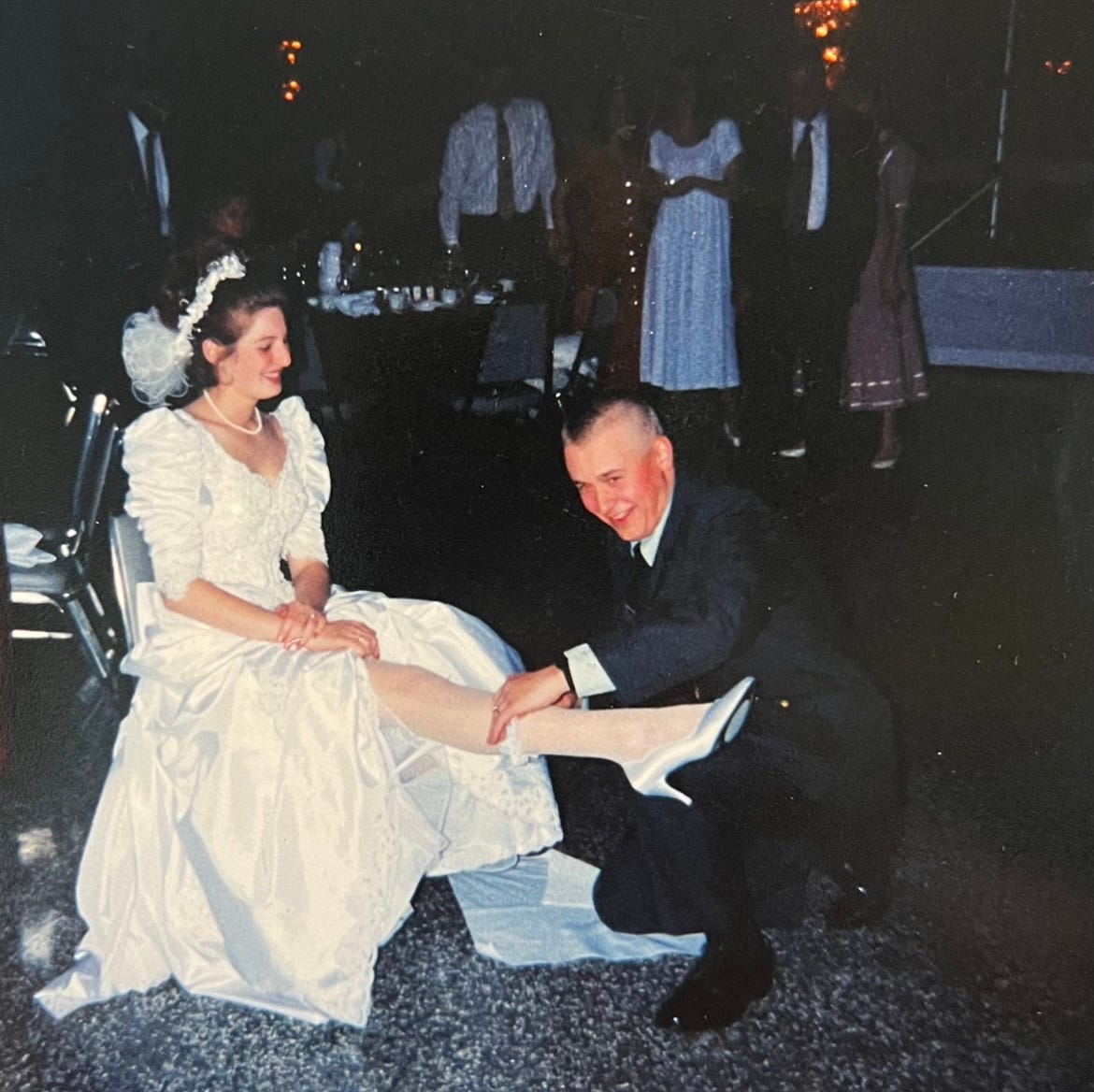Most people assume evil is chaotic. That it shows up loud, violent, filthy, or grotesque. But that’s not how it spreads.
The most dangerous form of evil isn’t disorder.
It’s counterfeit order—disguised as pleasure, progress, beauty, community, or grace.
It feels good.
It looks right.
It rewards participation.
But it’s hollow.
And it’s hungry.
The devil does not primarily seduce through darkness. He seduces through false light—through structure, music, affirmation, rhythm, touch, spectacle, and synchronicity. And he rewards those who follow the ritual, even if they don’t know it’s a ritual at all.
That reward system is what I’m calling the devil’s grace.
It’s not mercy. It’s not love. It’s not redemption.
It’s permission to perform without conviction.
And it’s the fastest way to spiritual possession.
What It Feels Like
The devil’s grace doesn’t feel like torment. It feels like relief.
It feels like being seen. Being accepted. Being released from shame.
It feels like not having to try so hard to be good.
Like someone finally saying, you’re fine just as you are—no need to change.
It’s not comfort in the way a parent comforts a child.
It’s comfort in the way a predator disarms its prey.
You’re not hated. You’re tolerated. And that tolerance feels better than the judgment you’ve been conditioned to expect.
So you stay. You yield. You repeat. You stop resisting. And little by little, you stop noticing what’s left the room.
Clarity.
Authority.
Peace.
Conviction.
God.
What It Requires
The devil’s grace has rules. They’re not written down, but they’re strictly enforced.
• Don’t question the vibe.
• Don’t speak of the sacred.
• Don’t interrupt the mood.
• Don’t confront the collective.
• Don’t expose the cost.
As long as you stay in the rhythm, you’ll be rewarded.
You’ll be affirmed, promoted, admired, included.
But the moment you name what’s actually happening, you’ll be expelled.
This is not freedom. This is liturgy—just not the holy kind.
Where It Lives
You’ll find the devil’s grace in:
• Industry events that mimic spiritual revival
• Nightclubs that feel like open-heart surgery
• Sexual experiences that feel transcendent until they leave you emptied
• Subcultures where trauma becomes currency
• Ritualized spaces where no one names the entity being worshiped
• Communities where you can be anything except convicted
It exists wherever there’s pattern, power, and emotional vulnerability without spiritual accountability.
It’s not the absence of order.
It’s an inversion of order—with all the appearance of safety and none of the substance.
Why People Stay
People don’t stay in these environments because they’re evil.
They stay because it feels like healing.
For a moment, the pressure lifts. The inner war quiets. You feel wanted.
You feel less alone.
You feel powerful, even if that power is borrowed.
That’s the genius of the counterfeit. It doesn’t offer what the soul needs.
It offers what the wound wants.
The Cost
You won’t notice it at first.
But the longer you remain inside that false grace, the more disconnected you become from:
• Right judgment
• Timely conviction
• Sacred restraint
• Genuine joy
• Intimacy without performance
• The ability to hear the voice of God
The devil doesn’t take your soul by force.
He waits until you no longer recognize why it matters.
And then he lets you keep dancing—numb, applauded, hollow.
The Exit
The only way out is confrontation.
You don’t have to make a scene. But you do have to say no.
No to the performance.
No to the counterfeit reward.
No to the order that flatters your pain but feeds your destruction.
You will lose people.
You will be mocked.
But you will gain back something far more valuable: your discernment.
And without that, you can’t walk with God.
You can’t fulfill your assignment.
You can’t carry what’s coming.



